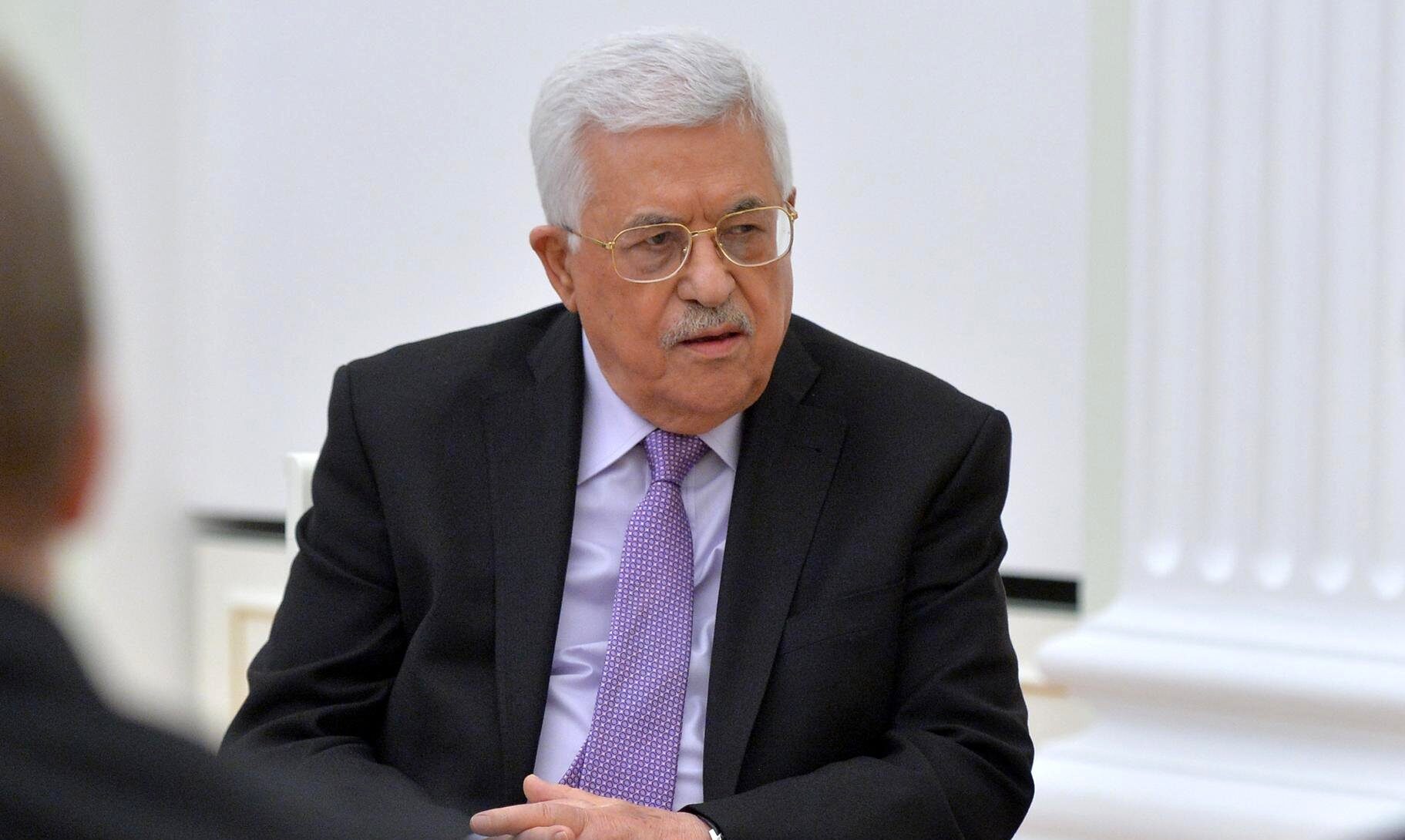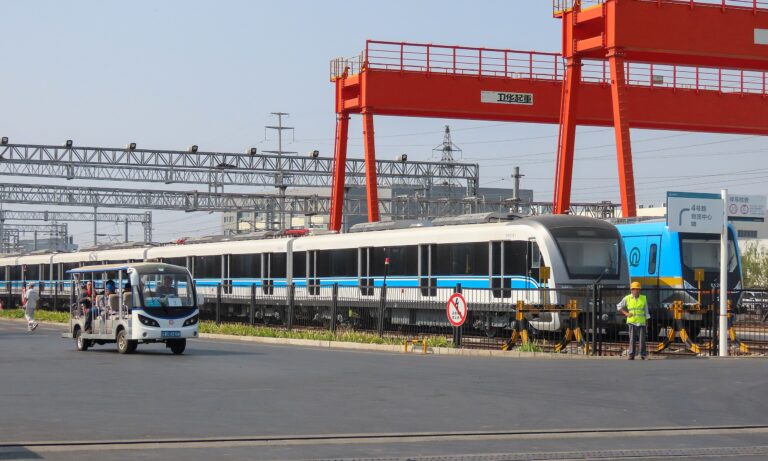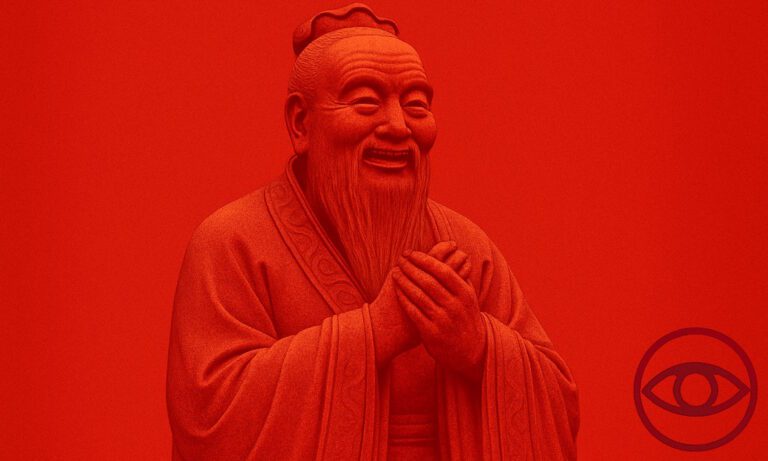
As China aims at building upon its previous diplomatic success in the Middle East, achieving normalization between Israel and Palestinians would be a much more difficult task to accomplish.
In mid-June, Palestinian Authority President, Mahmoud Abbas, paid a visit to Beijing where he was lavishly received by the Chinese leader Xi Jinping. Both sides signed onto a strategic partnership, a significant step forward for the bilateral ties. In another move, Palestinian authority also agreed to participate in the Belt and Road Initiative (BRI).
China’s recent efforts to mediate Israeli-Palestinian peace talks come on the heels of Beijing’s earlier successful facilitation of the intricate Iran-Saudi Arabia normalization. It also follows the unveiling by Beijing of the three global initiatives among which the Global Security Initiative (GSI) is particularly noteworthy as it promotes a different kind of global security, i.e. alternative to the Western concepts.
Different Reality
When announcing Abbas’ visit on June 13, China’s foreign minister Qin Gang presented major principles on conflict resolution between Israel and the Palestinian side such as supporting Palestine’s full membership within the United Nations and a concept of “two-state solution”. Yet achieving even a semblance of progress would be difficult. First and foremost, though the Palestinian Authority fully supports the proposed program, Israel is against. For many in Israel the “two-state solution” is now obsolete, because the balance of power has dramatically shifted in West Bank in favor of Israel.
China has long been a supporter of the Palestinian cause dating back to the Cold War period when Beijing recognized the Palestine Liberation Organization and the State of Palestine. Ever since, China’s support has been recognized in the United Nations votes. Beyond diplomatic support, however, Beijing has not provided much of humanitarian support to the Palestinians. In 2020 the Chinese aid was meagre $3.3 million, while in 2021 even smaller $2 million. Nor has China been especially interested in investing into the Palestinian territories. Therefore, China’s recent diplomatic push might be as much a moral obligation as a geopolitical move.
Beijing’s previous success with Iran and Saudi Arabia was not so much a product of magisterial diplomatic work done by Beijing, but rather primarily a result of Tehran and Riyadh both re-evaluating their respective strategic environments, shifting focus on internal economic and social matters and recalibrating relations with the bigger actors (primarily the US). Beijing just read the situation correctly and cleverly used the opportunity to its own advantage.
There is no similar change underway to the way Israeli and Palestinian authorities think about the present situation. Though both are discontent (as are Saudi Arabia and Iran) with the US, broader dynamics do not favor a change in perception: Israelis and Palestinians remain resolute in sticking to their respective visions of the conflict that makes progress unrealistic unless one of the sides makes most of concessions. Quite naturally, this makes an opening that Beijing could use to its advantage unlikely.
Yet China might be fully aware that its peace efforts are not likely to bring any meaningful results. What then Beijing wants to achieve is to show that, built upon previous diplomatic successes, it really cares about promoting peace in the Middle East, while the US is siding with only one side – Israel. Given the growingly favorable reception China receives across the Middle East, siding more openly with Palestinians would further increase Beijing’s profile in the region, especially among the Arab countries.
China’s experience in other peacemaking efforts should be telling. For instance, Beijing achieved little with its Ukraine ‘peace plan’ exactly because one of the sides – Ukraine – was against accepting Beijing’s ideas. Beijing has not denigrated Kyiv for its (muted) opposition but rather maintained a careful diplomatic posture which allowed it to present itself as a power which at least tries to contribute to the conclusion of the war in Ukraine.
Upshoot: Deteriorated US-Israel Ties
For Israel, China’s qualitatively upgraded support for the Palestinian cause is a significant development requiring Tel-Aviv’s attention. Perhaps this explains the Israeli Prime Minister, Benjamin Netanyahu’s planned visit to China later this year to discuss bilateral relations and to try to minimize the effect of Abbas’ visit to Beijing. For Netanyahu, it will be also critically important to engage China on the peace talks and the Palestinian issue specifically, sense how real is Beijing’s push and where it would be possible to minimize the damage to Israel’s trade and investment ties with China.
And perhaps there lies a major achievement of Beijing – making Israel seek greater understanding with China will trouble the already tense relations between Israel and its traditional ally, the US, as the Netanyahu government faces criticism by the Biden administration for its judicial reform and the settlement construction program in the West Bank.
Morever, Washington has been increasingly worried about China’s engagement in Israel. Washington fears that the high-tech it has for decades been passing to Israel could eventually end up in the Chinese hands. Another problematic issue for the US is the ports infrastructure on the Israeli coast. Washington fears that Beijing, through the control over key eastern Mediterranean ports, would create an infrastructure web which could deny the US freer access to the sea. The US has serious misgivings about the Chinese company SIPG’s involvement in Haifa port and Washington reckons that it is now dangerous for its Sixth Fleet to freely dock there.
Despite these concerns, China’s push for closer involvement in Israeli-Palestinian affairs might pay off. Indeed, one of the main goals of Netanyahu’s announced trip to China could well be to demonstrate to Washington that Israel has other diplomatic options, all the while extracting benefits from China’s growing involvement in the Middle East affairs.
In the longer run, Israel surely does not want to alienate the US in favor of China, but the country has its own regional interests. As similar efforts by Saudi Arabia and the Gulf states demonstrate, with Washington shifting attention and resources toward Ukraine and the Indo-Pacific, Middle East powers now have to think differently about their security, and China looks set to be a part of the equation.
Written by
Emil Avdaliani
emilavdalianiEmil Avdaliani is a professor of international relations at European University in Tbilisi, Georgia, and a scholar of silk roads.


